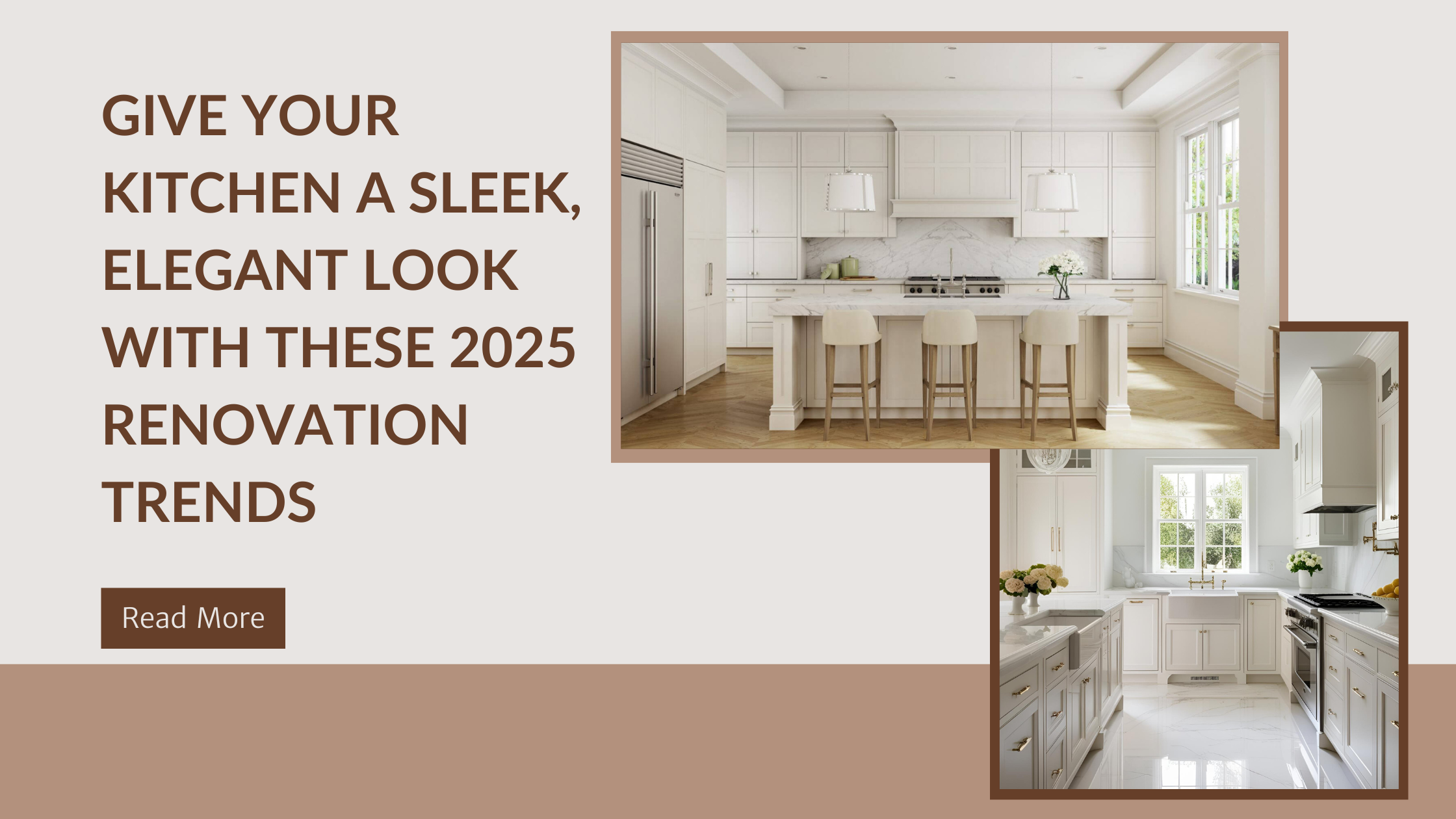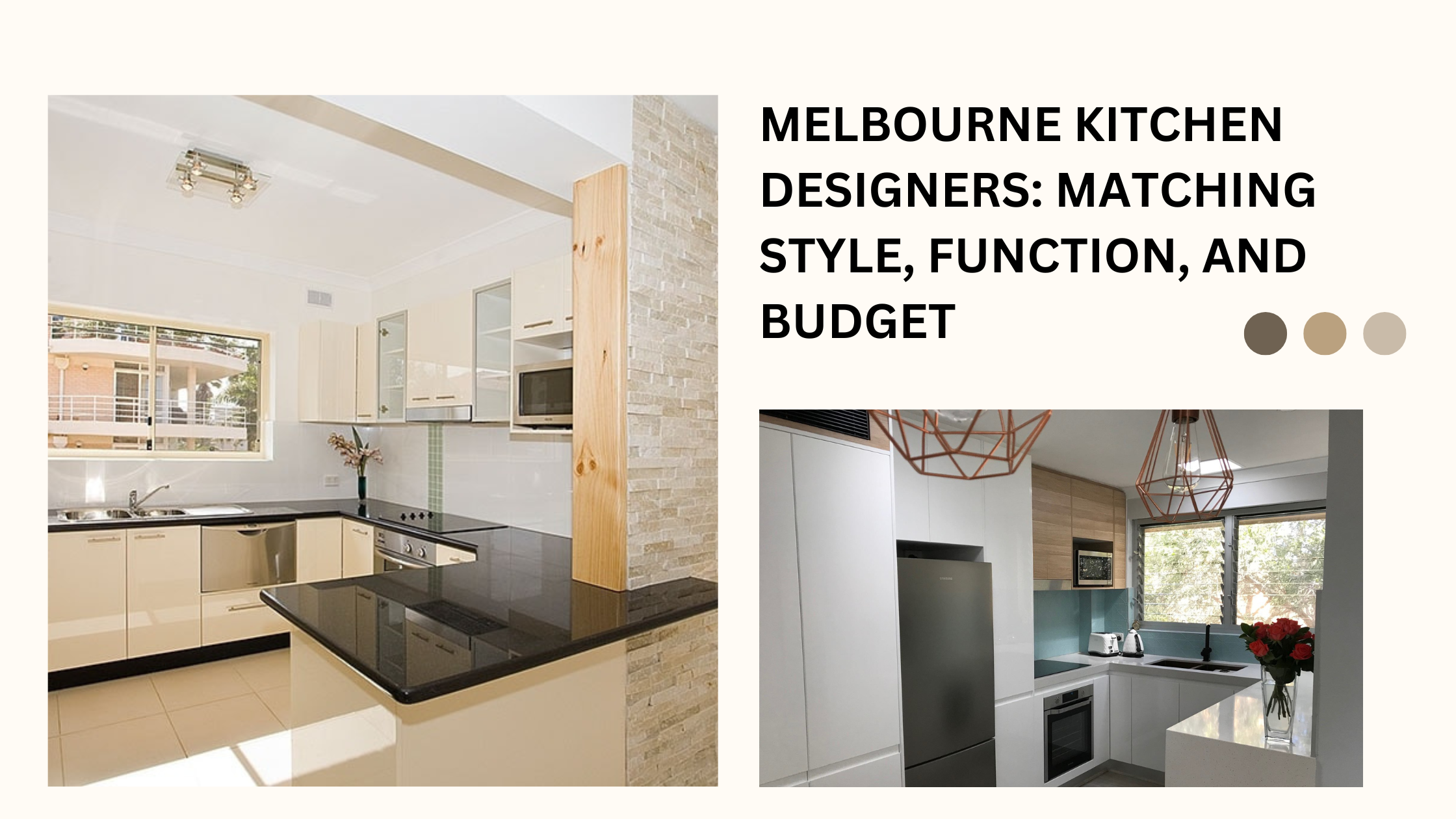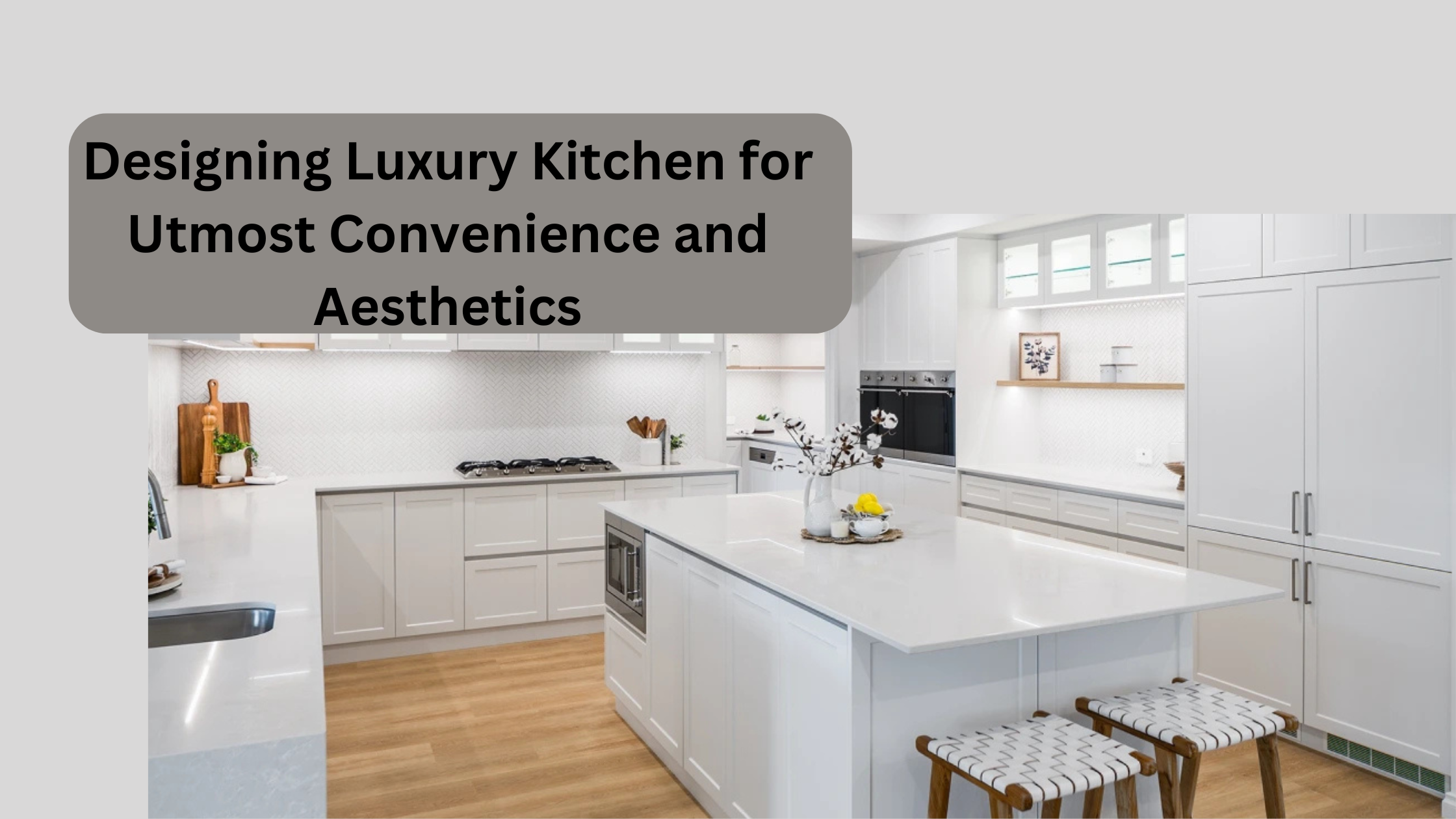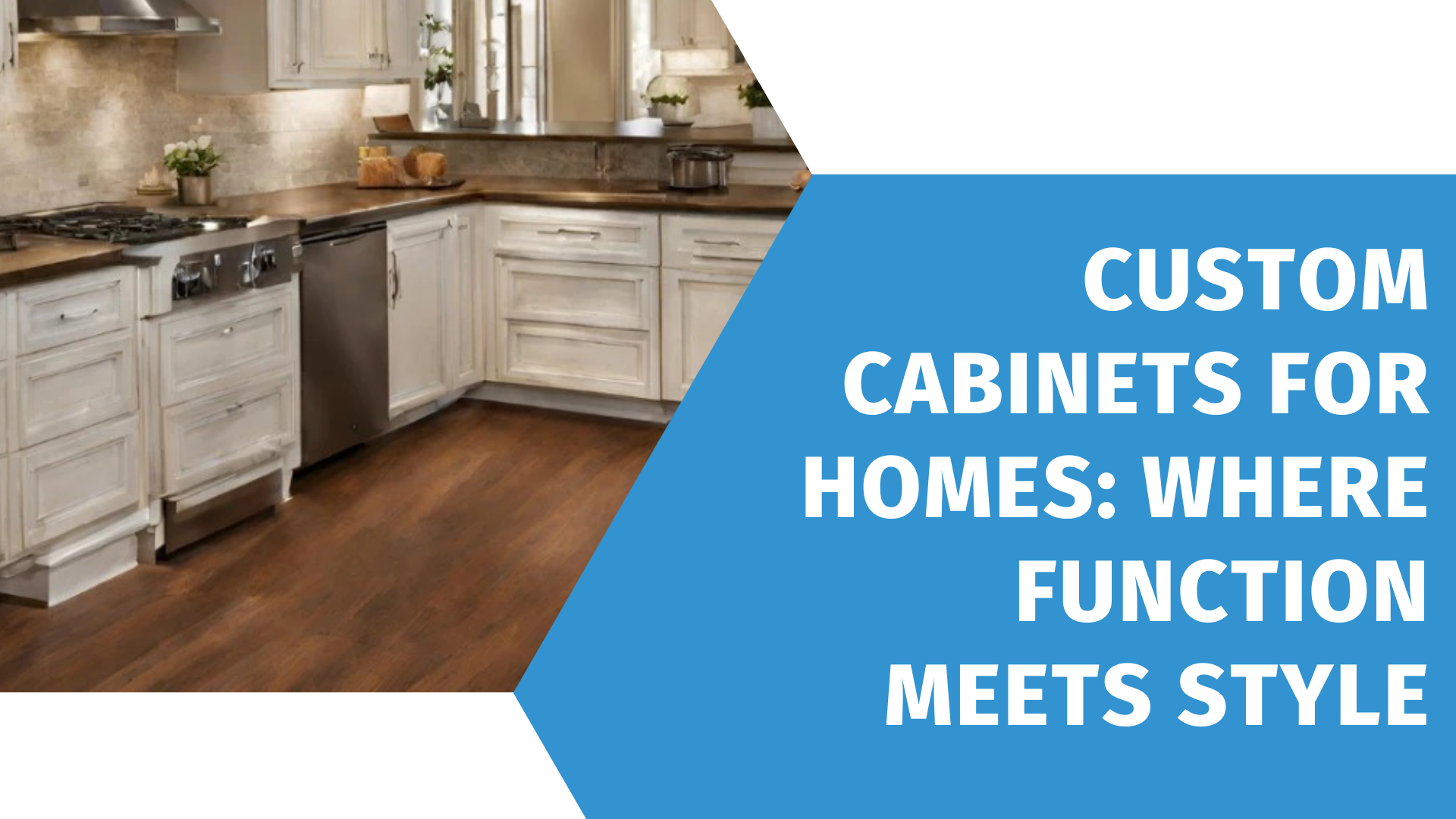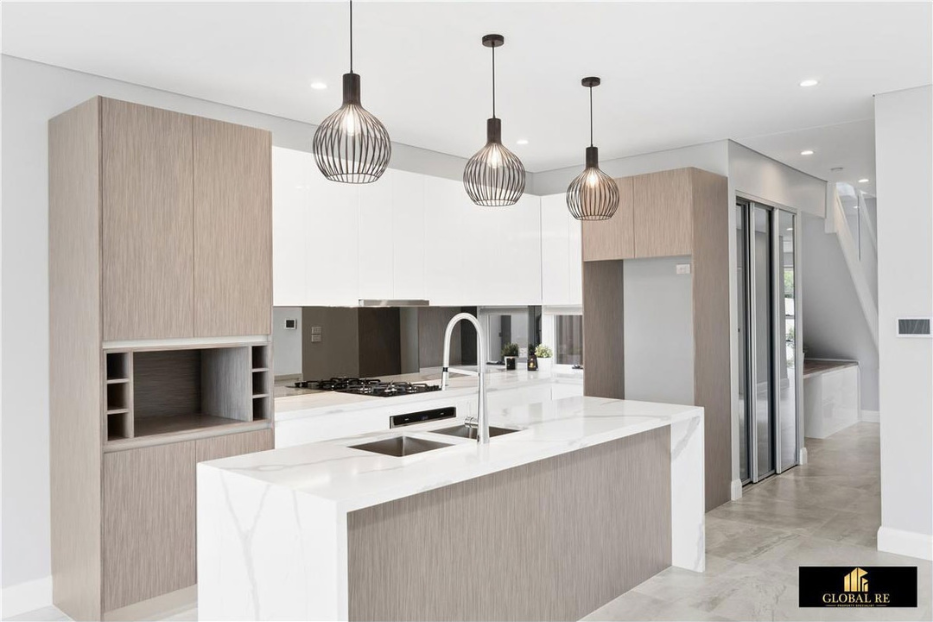
Every homeowner requires undertaking kitchen renovation at some point in their lives to make the space more functional, convenient and visually appealing. Kitchen renovation involves a lot of planning and creativity. Planning will save you time and money and ensure you’re prepared to take on the renovation project. It will help if you plan things when undertaking a kitchen renovation, which goes beyond layout and style. Let’s delve deeper into it:
1. Assign a Budget
Assigning a budget in the planning stage is crucial for achieving your kitchen renovation goals. And budget can help you to make vital design decisions. Figure out how much you want to spend on your kitchen renovation and stick to it. Determine how much of your budget you want to assign to different kitchen renovation items; for instance, kitchen benchtops, appliances, and accessories like lighting and tapware. Your kitchen designer or contractor can offer you a cost estimate to ensure you don’t overlook or underestimate renovation costs. You can also inform yourself about any hidden costs that you might not have considered. Therefore, assigning a budget at the planning stage will help your kitchen contractor plan your kitchen renovation to suit your budget.
2. Research for the Design Style
If you’re going for structural modification, research beforehand to know how you want your finished kitchen renovation project to appear. You can gather fresh kitchen design ideas from sources like the Internet and magazines.
3. Lifestyle & Use
Introspect how you currently use your kitchen and what improvements you want. For instance – Do you cook daily or only thrice a week? Is your kitchen a gathering place for family and friends when you entertain? An expert kitchen designer will help identify and solve any problems you face in your existing kitchen layout.
For example:
- Do you struggle with inadequate kitchen benchtop space?
- Are your appliances old and dated, requiring an upgrade?
- Do you want to assign a dedicated space for your electrical appliance, on the kitchen benchtop or cupboard?
- Are you struggling with limited storage space?
- Do you want to add a bench or a breakfast table for your family to gather in the mornings?
- How about installing a butler’s pantry for added convenience?
These are some vital questions you need to discuss with your kitchen designer.
4. Structural or Layout Changes
A kitchen renovation allows you to make your home’s layout or structural changes. So you should determine beforehand in the planning stage if you want to make any changes to your existing kitchen layout. If you see some extra space lying vacant or if you have a store room adjacent to your kitchen, you can easily have these areas merged with your kitchen to increase the overall area. Structural changes can include the following:
- Create extra windows or skylights.
- Pull down walls and create new ones after extending the area, or leave them open to integrate with the living room.
Structural changes can get quite expensive and are only recommended if you stay in your home for longer. Secondly, you’ll need to take permits and approval from the strata or council to complete your renovation and the overall costs involved at this point.
5. Get Professional Assistance
Are you ready with your research and what you want from your kitchen renovation? Now it’s time to consult an expert kitchen designer or renovator. The kitchen is the most complex to renovate, so professional assistance will help you get what you want. An experienced kitchen renovator or designer will evaluate your space and recommend the best options for kitchen design, layout, cabinetry, flooring, benchtop, sink, taps, splashback and kitchen appliances.
6. Determine Your Kitchen Appliance Preferences
Determining your kitchen appliance early in the planning stage will help you plan a kitchen design that best suits your working style and lifestyle. Ask yourself some vital questions listed below:
- What appliances do you often use while preparing your food? Do you use a stove, oven or micro-oven?
- Do you have a sizeable family or entertain often?
- Do you shop every day or purchase in bulk?
When you find the answers to these vital questions, you’ll be in a better position to make the right choice for selecting your kitchen appliances. Undoubtedly, your kitchen designer can help you choose the best kitchen appliances for you and your family’s needs by offering vital advice; however, you must do some research before your design consultation for the best outcome.
We often encounter one question: What budget should I set aside for the kitchen appliances? Typically, you should assign between 15% and 20% of your overall renovation budget to your kitchen appliances.
7. Set a Period
How much time you will need to complete the kitchen renovation is an important question you should ponder during the planning stage. For instance: When you’ll start and end your kitchen renovation project. Setting a period for your kitchen renovation project will ensure you stay organised as you have to meet a deadline.
8. Commencing Your Kitchen Renovation
It’s time to think about how you and your family will manage kitchen chores during a kitchen renovation. So it is vital to plan where you and your family will cook food and eat when your kitchen renovation is underway. It’s essential to plan to make sure your renovation goes on smoothly and without impacting your routine kitchen chores. To accomplish this, you have two options:
- Arrange a temporary food preparation, food storage and dish-washing station somewhere in your home all through your kitchen renovation project completion.
- The second option is to rent a house in your neighbourhood until your kitchen renovation project is completed.
